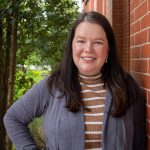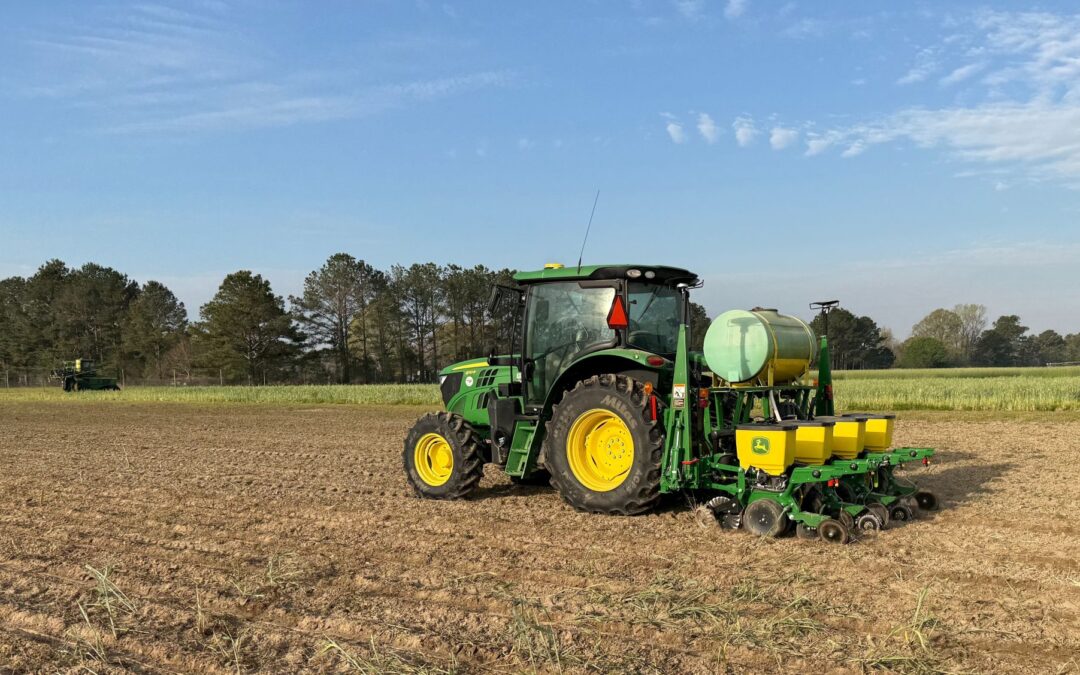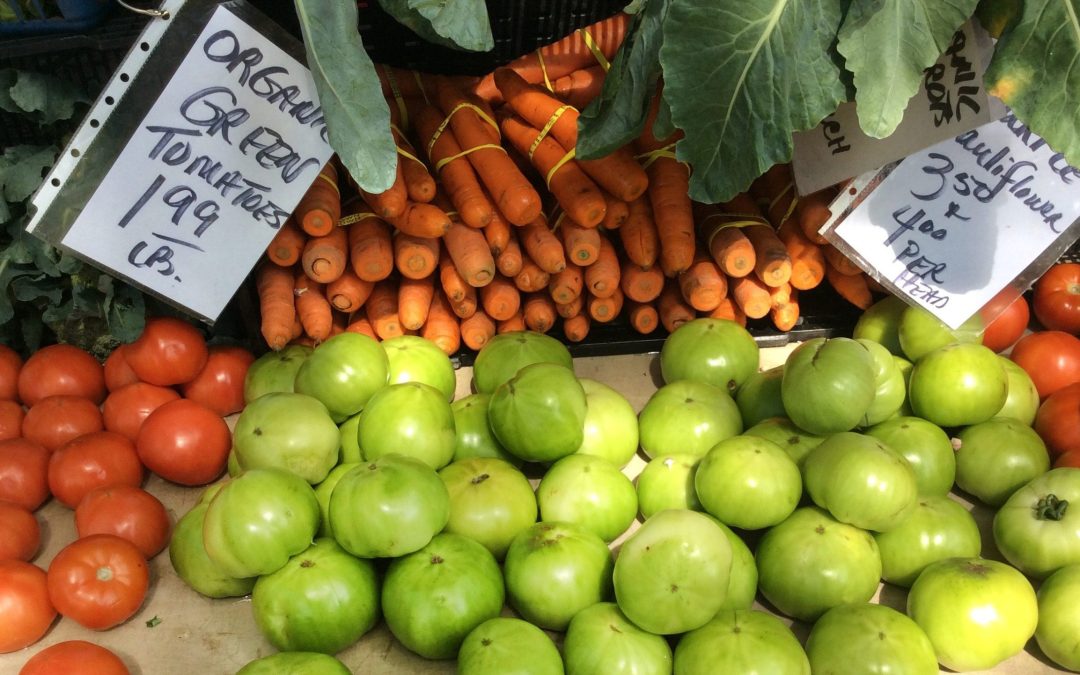David Held has been named chair of Auburn University’s Department of Entomology and Plant Pathology, effective October 1. Held has been a faculty member in the department since 2008.
“I believe Dr. Held’s extensive experience in research, teaching and extension have prepared him well for this position,” said Paul Patterson, dean of Auburn’s College of Agriculture. “I am excited by his plans and his vision for the department and look forward to working with him as he steps into this important leadership role.”
Before joining the Auburn faculty, Held served as an extension specialist for Mississippi State University’s Coast Research and Extension Center. He came to Auburn as an assistant professor of entomology in 2008. He was named an associate professor in 2012 and professor in 2019.
Held said that, as chair, he is eager to lead a team of faculty that “does the applied and basic research needed now to manage the diseases and insects that attack people, plants and property. We couple that with faculty trained in the newest techniques to develop tools and solutions needed for the future.”
Held’s department houses research and outreach programs in the disciplines of both entomology and plant pathology. The department also offers master’s and doctoral degrees in each field, as well as an interdisciplinary undergraduate major in applied biotechnology.
Held earned bachelor’s, master’s and doctoral degrees from the University of Kentucky.




